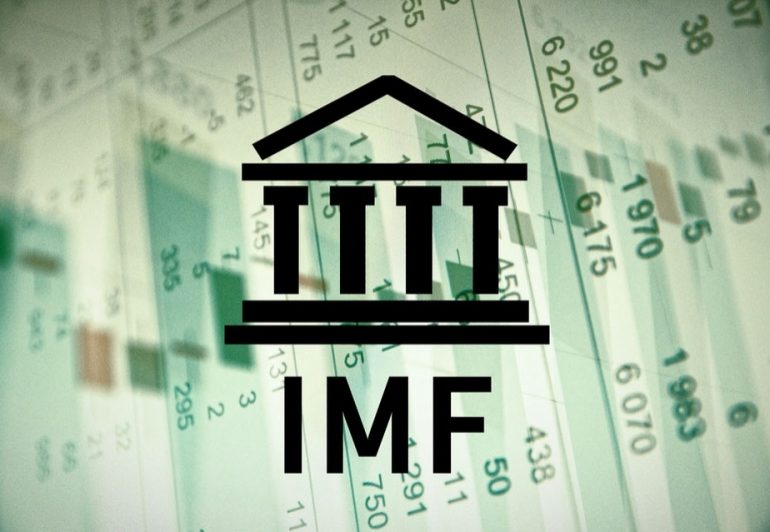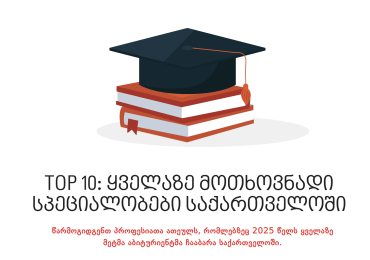According to IMF Georgia offers a striking example of successful tax revenue reform. Following the collapse of the Soviet Union, the government struggled to collect tax revenue. By 2003, rampant corruption involving tax evasion, illegal tax credits, and theft of government tax revenue had left public finances in shambles.
“The government was no longer able to honor its obligations to public servants and pensioners, even though salaries and pensions were very low. Georgia’s sweeping tax reform was made possible after the 2003 Rose Revolution, which gave the new government a mandate to reform the economy and fight widespread corruption. The country’s new leaders adopted a policy of zero tolerance for corruption, and the culture began to change, along with the laws. A revised tax code, passed in 2004, simplified the tax system, reduced rates, and eliminated a series of minor local taxes that had been generating little revenue (on pollution and gambling, for example).
Only 7 of 21 taxes remained, and many of the rates were reduced. Progressive personal income tax rates (12 to 20 percent) were replaced with a flat rate of 20 percent, and the social security contribution tax rate was first reduced from 33 percent to 20 percent and then eliminated altogether. Corporate income was taxed at a flat rate of 15 percent, and the valueadded tax (VAT) was reduced from 20 percent to 18 percent. The revenue lost from lower tax rates was made up through a broader tax base, better compliance, and stricter enforcement. The government also made it easier to pay taxes by introducing measures such as an electronic tax filing system. In this way, technology both improved efficiency and reduced opportunities for corruption. In parallel, the government lowered the minimum capital required to start a business, which also generated more tax revenue. The improvement in the country’s ability to mobilize revenue between 2004 and 2011 is all the more impressive given the sharp reduction in tax rates. By 2008, Georgia’s tax-revenue-to-GDP ratio had doubled to 25 percent.
What does Georgia’s experience teach us about how best to increase tax revenue? While there is no one-size-fits-all solution, there are a few lessons that can be drawn from Georgia’s case as well as the experiences of the other four countries. Georgia’s comprehensive tax reform was feasible only after the country had reached a high degree of dysfunction, triggering a revolution. Similarly, in Ukraine, the 2004 Orange Revolution was a catalyst for tax reform. And in 2003, Liberia initiated reform after the civil war had ended.
A simpler tax system with a limited number of rates is critical to fostering taxpayer compliance, as seen in the Georgia example. Notably, in fragile states, focus first on simplifying taxes, procedures, and structures. Simplicity of the tax system and legislation is the guiding principle for fragile states. This makes tax administration less challenging in weak states that lack such basic institutions as security and a well-functioning judicial system.
The VAT has proved to be an efficient and strong revenue booster: countries that impose this tax tend to raise more revenue than those that don’t (Keen and Lockwood 2010). In addition to reducing the rate, Georgia streamlined its VAT refund mechanism, allowing revenue from this source to rise from 8.5 percent of GDP in 2005 to about 11.5 percent in 2009.
Georgia has automated most processes, including e-filing. It has also instituted a system for information sharing among tax authorities, taxpayers, and banks, as well as a one-stop Internet portal. Cambodia, Guyana, and Liberia have likewise computerized the administration of their taxes and customs.
The anti-corruption drive is providing opportunities for private technology companies like the Bitfury Group, which signed a contract with the Republic of Georgia to register land titles using blockchain technology. Blockchain serves simultaneously as a means of exchange—of money or information—and a database that automatically registers transactions. Records are encrypted and stored across a network of computers, rather than in a central location, so they cannot be altered or stolen“, – states IMF.
















